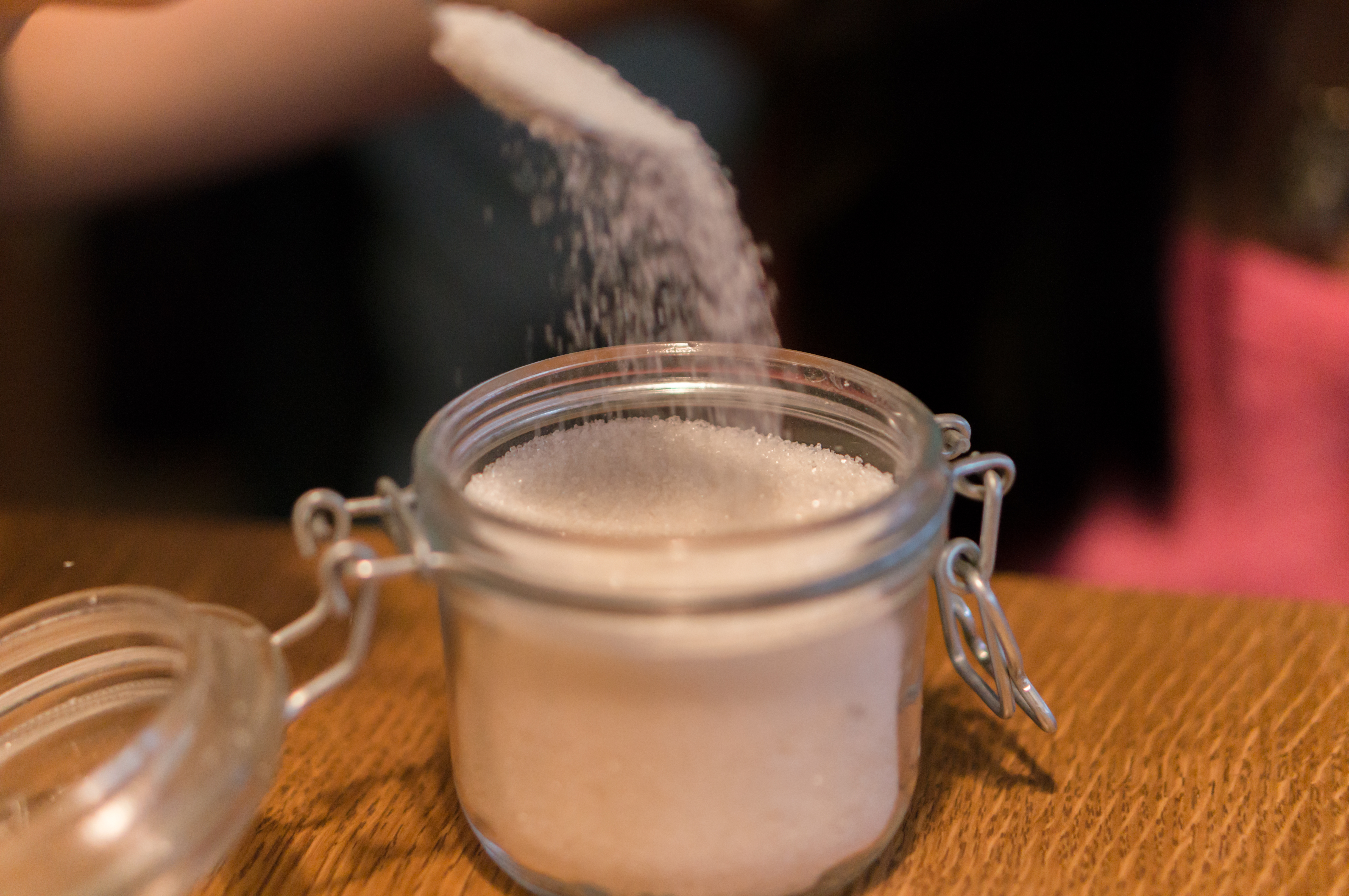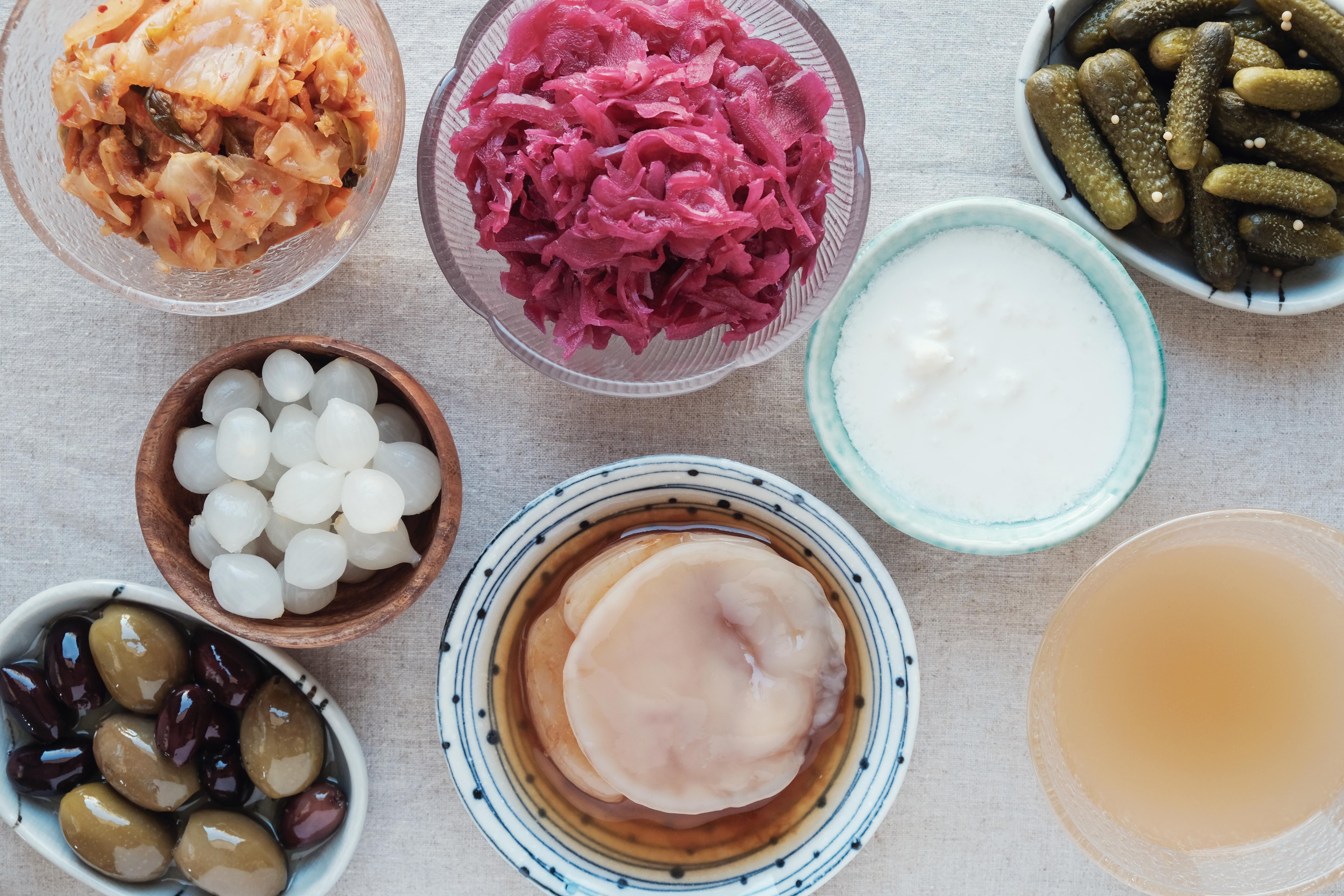13 "Gut-Wrecking" Habits to Ditch for Better Digestive Wellness Now
Bloating, irregularity, sluggishness—your gut may be trying to tell you something. While gut health has become a wellness buzzword, its importance is rooted in science: a balanced gut supports everything from immunity to mental clarity. But even healthy eaters can fall into traps that throw digestion off course. Whether it’s how you eat, what you eat, or what you’re not doing between meals, these 13 sneaky habits might be wrecking your gut—and it’s time to let them go.
1. Skipping Meals (Especially Breakfast)

Skipping meals—especially breakfast—can disrupt the gut’s delicate balance. Your digestive system depends on rhythm and consistency to regulate hormone release, acid production, and motility. When you go too long without eating, your body enters a stress response that may increase cortisol levels and reduce the diversity of your gut flora. Acid can build up in the stomach without food to neutralize it, leading to bloating, indigestion, or nausea. Over time, erratic eating confuses hunger signals and starves beneficial bacteria of the steady nutrients they need. Prioritizing regular meals helps anchor your microbiome and promotes smoother digestion throughout the day.
2. Eating Too Fast

Fast eating may save time, but it’s a disaster for digestion. When you inhale your food without chewing thoroughly, your body misses key preparatory steps: saliva enzymes don’t get a chance to break down starches, and your stomach receives large chunks of food it’s not ready for. This overload leads to gas, bloating, acid reflux, and slower digestion. You also swallow excess air, which compounds the discomfort. More importantly, rushing through meals prevents your brain from registering fullness, making overeating more likely. Mindful eating—sitting down, chewing slowly, and savoring your food—activates your “rest and digest” system and gives your gut the signal to do its job well.
3. Relying on Ultra-Processed Foods

Ultra-processed foods might fill you up, but they starve your gut microbiome. These products—think sugary cereals, shelf-stable snacks, and pre-packaged meals—are low in fiber and high in additives, preservatives, and emulsifiers that disrupt the bacterial balance in your gut. Over time, diets rich in processed foods promote the growth of inflammatory bacteria while suppressing the good ones, leading to bloating, constipation, and even mood swings. They also lack polyphenols and prebiotics, which naturally nourish your gut lining. Swapping processed convenience foods for whole ingredients—even in small steps—can dramatically improve your digestion and overall health over time.
4. Not Getting Enough Fiber

Fiber isn’t just about staying regular—it’s the lifeblood of a healthy microbiome. Without enough dietary fiber, the beneficial bacteria in your gut starve, causing microbial diversity to drop. This can weaken the intestinal lining, slow down digestion, and leave you more susceptible to inflammation and chronic disease. Fiber also helps regulate blood sugar, reduce cholesterol, and feed short-chain fatty acid production, which supports the immune system. Yet many people fall far short of the daily recommended intake. The best sources? Fruits, vegetables, legumes, nuts, and whole grains. A fiber-rich diet keeps things moving and fuels the microbial ecosystem you rely on.
5. Overusing Antibiotics

While antibiotics are invaluable when used correctly, overuse can have serious consequences for gut health. These medications don’t discriminate—they wipe out both harmful and helpful bacteria in your microbiome. Each round of antibiotics can dramatically reduce bacterial diversity, weaken your gut lining, and disrupt immune function. Over time, this can lead to increased gut permeability (leaky gut), yeast overgrowth, or chronic bloating. It’s essential to take antibiotics only when necessary and follow up with probiotics and fermented foods to help restore microbial balance. Your gut is a living, breathing ecosystem—and antibiotics are a wildfire. Use with caution, and rebuild when necessary.
6. Consuming Too Much Sugar and Artificial Sweeteners

Sugar and gut health are uneasy partners. Excess sugar feeds harmful bacteria and yeast, allowing them to crowd out beneficial microbes. This imbalance—called dysbiosis—can lead to bloating, cravings, and long-term inflammation. Artificial sweeteners, often used to avoid sugar, aren’t necessarily better. Some, like saccharin or sucralose, have been shown to alter gut bacteria in ways that may promote insulin resistance and appetite spikes. While occasional treats are fine, consistently high sugar or sweetener intake can sabotage gut health. Your microbiome thrives on natural, unprocessed sources of energy—think whole fruits, complex carbs, and a variety of plant-based foods, not synthetic stand-ins.
7. Chronic Stress

The gut and brain are deeply interconnected through the gut-brain axis, a two-way communication network that influences digestion, mood, and immunity. Chronic stress disrupts this balance by altering hormone levels and reducing blood flow to the digestive tract. This can slow down or speed up digestion, cause constipation or diarrhea, and even trigger physical pain or cramping. Stress also impacts microbial diversity, suppressing beneficial bacteria and encouraging the growth of more inflammatory strains. Managing stress through breathing exercises, movement, journaling, or therapy isn’t just emotional hygiene—it’s digestive support. Your gut hears every thought your brain has. So, speak kindly.
8. Sleeping Poorly (or Not Enough)

Sleep isn’t just about rest—it’s when your gut recalibrates. Like the rest of your body, your microbiome follows a circadian rhythm. Inadequate or poor-quality sleep disrupts that rhythm, throwing off digestion, slowing down metabolism, and increasing gut inflammation. It also reduces the production of melatonin and serotonin, hormones closely tied to both sleep quality and gastrointestinal function. Long-term sleep deprivation can shift the composition of your gut bacteria, making you more prone to cravings, mood swings, and digestive discomfort. Prioritize consistent sleep—seven to nine hours of uninterrupted rest—if you want to support your gut from the inside out.
9. Dehydration

Water is a critical player in digestion. It helps break down food, absorb nutrients, and move waste through the intestines. When you don’t drink enough, everything slows down—stool becomes dry and difficult to pass, leading to bloating, discomfort, or even constipation. Chronic dehydration also reduces the protective mucus layer in your intestines, increasing your vulnerability to irritation and inflammation. Even mild dehydration can throw off electrolyte balance, which in turn affects muscular contractions in your gut. If your digestion feels sluggish, your water intake could be the missing link. Don’t wait until you’re thirsty—build hydration into your day.
10. Overdoing NSAIDs (Like Ibuprofen)

Non-steroidal anti-inflammatory drugs (NSAIDs) are effective for pain relief, but chronic use can erode your gut lining and disturb microbial balance. These medications inhibit prostaglandins—compounds that help protect the stomach and intestinal walls. Without them, the gut becomes more susceptible to inflammation, ulcers, and leaky gut syndrome. Over time, this can lead to abdominal pain, irregular bowel habits, and a weakened immune response. If you rely on NSAIDs frequently for headaches, joint pain, or chronic discomfort, it’s worth reconsidering the root cause and exploring gut-friendly alternatives. Your relief shouldn’t come at the cost of long-term digestive health.
11. Ignoring Food Sensitivities

Many people eat foods that don’t agree with them—often daily. Whether it’s dairy, gluten, soy, or something less obvious, regularly consuming trigger foods can wreak quiet havoc on your gut. Instead of full-blown allergies, sensitivities often cause subtler symptoms: bloating, cramps, fatigue, or brain fog. But over time, this repeated irritation can damage the gut lining, promote inflammation, and stress the immune system. Listening to your body’s signals after meals—tracking patterns of discomfort, bloating, or sluggishness—can help identify culprits. Respecting your gut’s boundaries isn’t about restriction—it’s about rebuilding trust between what you eat and how you feel.
12. Not Moving Enough

Movement is medicine for the gut. A sedentary lifestyle slows everything down—especially digestion. Physical activity helps stimulate intestinal contractions, making it easier for food and waste to move efficiently through your system. Without enough movement, stool can linger in the colon, leading to constipation, bloating, or discomfort. Even gentle movement, like walking after meals, supports motility and improves how your body processes nutrients. It also reduces stress, another major factor in gut imbalance. You don’t need intense workouts—just consistent, moderate activity to keep your gut functioning smoothly. When your body moves, your gut does too.
13. Treating Probiotics Like a Cure-All

Probiotics have become a trendy fix-all for gut health, but taking a supplement without changing your overall habits is like planting seeds in sand. While probiotics can introduce beneficial bacteria, they won’t thrive without the right environment—namely, fiber-rich foods, hydration, rest, and minimal inflammation. Relying on pills alone can lead to disappointment or a false sense of progress. Instead, focus on building a gut-friendly lifestyle that includes prebiotics (what probiotics feed on), regular movement, and consistent sleep. Think of probiotics as one piece of a much larger puzzle. When combined with real-world habits, that’s when the magic starts to work.
A healthier gut doesn’t require a total life overhaul—just a few intentional shifts. By ditching these everyday gut-wreckers and choosing habits that support balance, you’re not just improving digestion—you’re boosting your whole-body health. Listen to your gut. Literally.